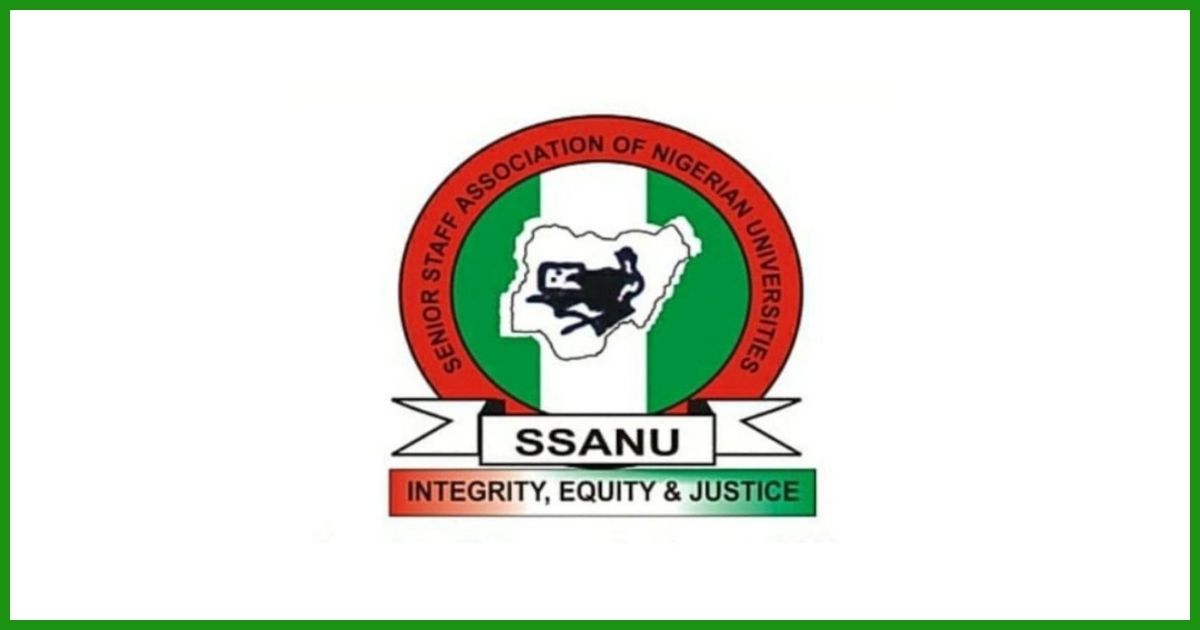The Senior Staff Association of Nigerian Universities (SSANU) at the University of Ilorin is defending its recent seven-day warning strike despite its impact on students.
Olushola Falowo, Chairman of the union’s local chapter, spoke to Daniel Ayantoye about the strike and the ongoing dispute with the federal government. Falowo emphasized the years of stagnant wages for university staff. He pointed out that salaries haven’t been reviewed since 2009, while the cost of living has skyrocketed.
“How do you expect somebody who is on this kind of salary to cope?” Falowo questioned, highlighting rising prices of basic necessities like rice and transportation. He argued that the government’s inaction left them with no choice but to strike.
The interview also addressed the tragic death of a student with asthma at the Federal University, Oye Ekiti, during the strike. While expressing condolences, Falowo blamed the government for creating conditions that contributed to the incident. He alleged the government used a “divide and rule” tactic, paying only the Academic Staff Union of Universities (ASUU) while leaving other university staff unpaid.
Falowo suggested this move was deliberate sabotage by elements within the government. He insisted that an agreement existed with the previous administration to pay all university staff four months of withheld salaries. He questioned why the current government only paid ASUU despite the earlier agreement.
The union leader strongly rejected criticism of excessive strikes by labor unions. He challenged critics to suggest alternative methods for pressuring the government to address their concerns.
“Even the World War, which is the most serious war, ended on the negotiation table,” Falowo said. “No war can be solved on the battlefield. When you now try to call the government to the negotiation table and they refuse to, you know that immediately you go on strike, they will call you. What will you do?” Falowo maintained that SSANU is reluctant to strike and only resorts to it as a last resort. He pointed to the government immediately calling them for talks after the strike began, highlighting the effectiveness of this tactic. He called for an end to the government’s alleged insensitivity towards workers’ welfare


